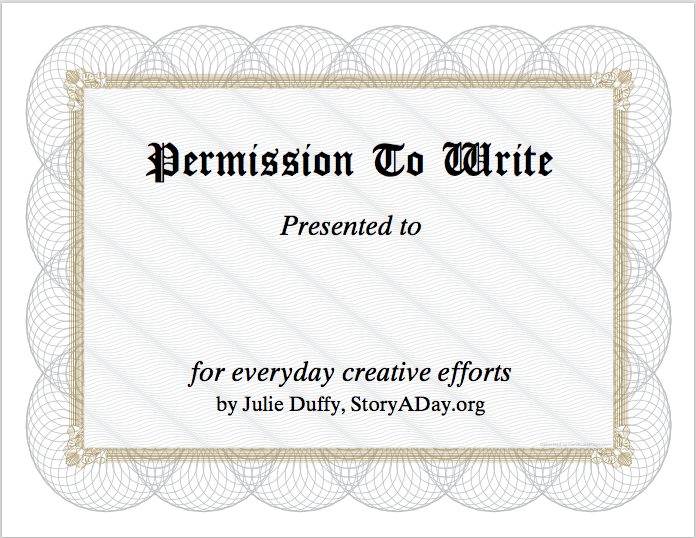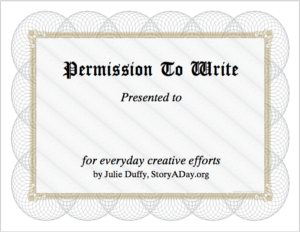In the middle of the 20th Century “Art” because professionalized, to the point where we felt we didn’t deserve to tell stories unless a New York publishing house was slapping it between hardcovers, or an overpriced university program anointed us “Writer, MFA”.
This was an aberration; a moment in history that did not exist before and does not exist now.
Humans have always sat around and told each other stories, without the benefit of editors or tutors or anyone giving us permission. We told stories to audiences, and we gauged their reaction in order to make our stories better next time.
The success of the “amateurs doing things on TV” genre (American Idol, The Voice, Dancing With The Stars) along with the boom in indie publishing, indie movie making, indie everything making, are signs that the artificial workshop of creative professionals is over. Humans are taking back control of our own creativity.
Are you?
Tell your stories. Show them to people. Make them better. Write new stories.
That’s all there is to it.
You have every right to write. In fact, print out this certificate and write your name on it.
There. You have my permission to write.
Can you give yourself permission to write?


